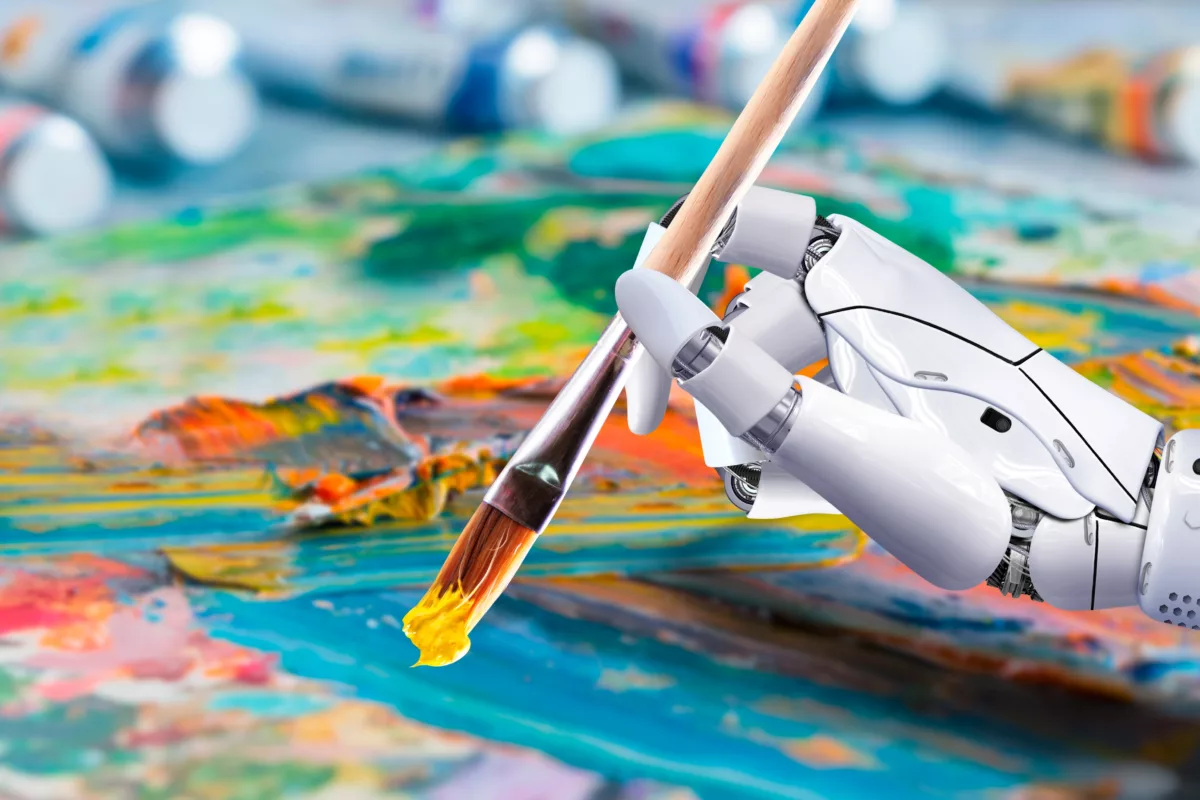The rise of artificial intelligence (AI) has triggered a fascinating legal puzzle: who owns the copyright for works created by machines? In the UK, the Copyright, Designs and Patents Act 1988 (CDPA) addresses this head-on, offering a unique perspective on intellectual property protection for AI-generated content.
Current Copyright Rules
Unlike many countries, the CDPA explicitly acknowledges the possibility of “computer-generated works” without a human author. This opens the door for copyright protection, but with a twist. The author, according to the act, becomes “the person by whom the arrangements necessary for the creation of the work are undertaken.” This means the copyright might not belong to the AI itself, but rather to the programmer, developer, or individual who set the parameters for its creation.
But what exactly constitutes “arrangements necessary for the creation of the work”? This remains open to interpretation. Imagine an AI composing a piece of music. Does the copyright belong to the programmer who built the AI, the individual who provided the training data, or the user who fed the AI specific prompts? Each party plays a role, blurring the lines of authorship and raising complex questions about the nature of creativity.
What About Ownership?
Ownership of the AI program itself adds another layer to the puzzle. Does owning the program grant automatic ownership of all its outputs? The answer leans towards “no.” The CDPA specifically requires “intellectual creation” on the part of the author. Simply owning the tool doesn’t necessarily translate to owning the creative product.
However, things become murkier when the AI program undergoes significant human intervention. If a musician uses an AI to generate musical ideas and then heavily edits and refines them, who owns the final copyrighted work? Here, the collaboration between human and machine creates a shared authorship scenario, requiring careful consideration of each party’s contribution.
A Long Legal Road Ahead
The ongoing debate around AI and copyright highlights the need for legal frameworks to adapt to the evolving landscape of technology. While the CDPA provides a foundation, its interpretation remains challenging. As AI tools become more sophisticated and integrated into creative processes, we can expect continued legal battles and refinements to existing legislation.
What does this mean for those using AI-generated content?
The best course of action is to tread cautiously. Understand the limitations of current copyright law and the potential complexities of ownership. Consider seeking legal advice before using AI-generated works commercially, and document your involvement in the creation process clearly.
The future of AI and copyright is far from settled. However, by engaging in open discussions and exploring innovative solutions, we can ensure that creativity continues to thrive in the digital age, with fair recognition and rewards for all parties involved.

